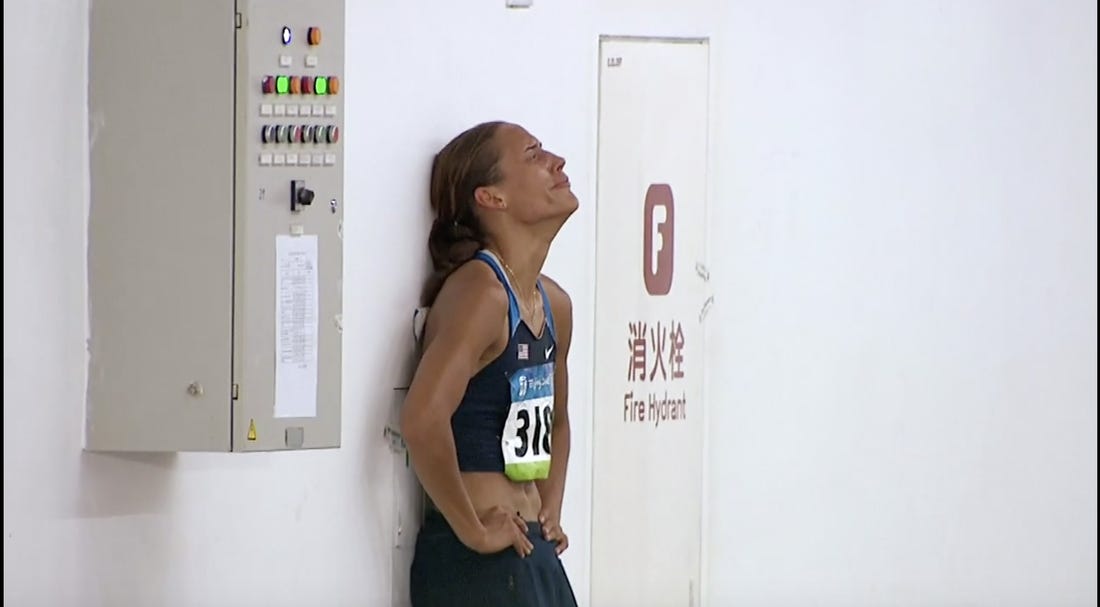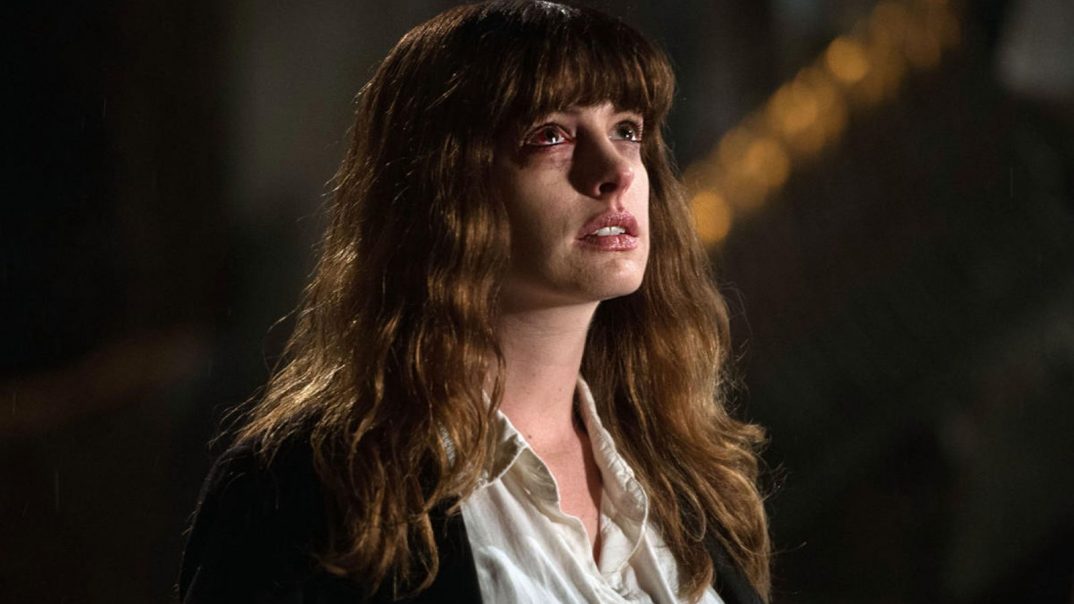Think about this. You’re an Olympic athlete who has put their all into a once-every-four year event. It’s what you’ve dreamt of since you were young. In that pursuit, you forego everything like friendships or conventional childhood memories. Retired short track speed skater Apolo Ohno speaks about the thin line between placing first and fourth within his race. “The guy who wins – we celebrate. We love. The guy in fourth, you never hear from that person. He disappears,” Ohno says. In all the hype surrounding these amazing athletes, many don’t notice the toll it takes on them before and after their events. Director Brett Rapkin tackles these issues in the HBO Max documentary, The Weight of Gold.
The 2020 Olympic Games are postponed for the first time in history due to COVID-19. There’s a question of what the athletes who have worked so hard for that moment do for an extra year. Michael Phelps, one of the most decorated Olympic athletes in history narrates the documentary and also serves as an executive producer on the project. Phelps, even despite all his accolades has had his struggles with mental health. Some would think that because he’s so well known and triumphant that things would be easier. He’s been transparent with his mental illness battles and it serves as a through-line for the documentary.
We also get first-hand accounts from athletes such as Lolo Jones, Bode Miller, Shaun White, Sasha Cohen, and more. Archival footage of some athletes as they are younger shows their tenacity in trying to achieve their dream. On the flip side, they can tell us all the things they gave. The document is an open forum on the difficulties of becoming and maintaining being an Olympic athlete. Bode Miller, in particular, speaks about the media presence. You can be the next big thing one year, a villain the next, and then a redemption story. Many of these athletes are elevated on magazine covers, commercials, and cereal boxes for a finite amount of time. Then, after the games are over, they are forgotten about.
Weight of Gold also speaks to the replaceable nature of Olympic athletes. There’s a certain shelf life in that the system is always training a younger replacement for you. To give so much to something to an event that deems you disposable when you hit a certain age is going to make anybody susceptible to depression. The financial implications are dire as well. Jones speaks to trying to live off of $7,000 a year chasing her Olympic dreams. She’s worked as a hostess, at her local gym, and Home Depot. Phelps states that swimming team participants only receive $1,700 a month and all the expenses it’s supposed to cover. As an Olympic athlete, it’s a narrow amount of time for you to make money if you win. In many cases, only if you win a gold medal.
Unfortunately, there are tragic instances of these stories. The end of the documentary tells of the unfortunate suicides of late athletes Steven Holcomb and Jeret “Speedy” Peterson. Holcomb contributes to the documentary posthumously as well as Peterson’s mother. It’s is a sad reminder of the tragedy of depression. Where everything seems like it’s ok on the surface and it sneaks up on you – compounded by expectations and anxieties.
If there was one thing that Weight of Gold could have expounded upon is how widespread the problem of mental health is within the Olympic community. A person watching the documentary may be seeing all these issues brought to their attention for the first time. In that, they may want to dig deeper to see how they can help the cause. An hour might be too short a time frame to explain all the intricacies and the impacts of these stories. The documentary presents a very dire issue and shows you a need for a solution.
How does one find a solution to the complex problem of an event that requires such focus and mental/physical demand? Weight of Gold adds an emotional and needed face on the cost that these athletes pay to put their talents on showcase for all the world to see. I just wish that there were more answers provided as to how we can cultivate a better environment for them to thrive after the podiums and celebrations go away.













